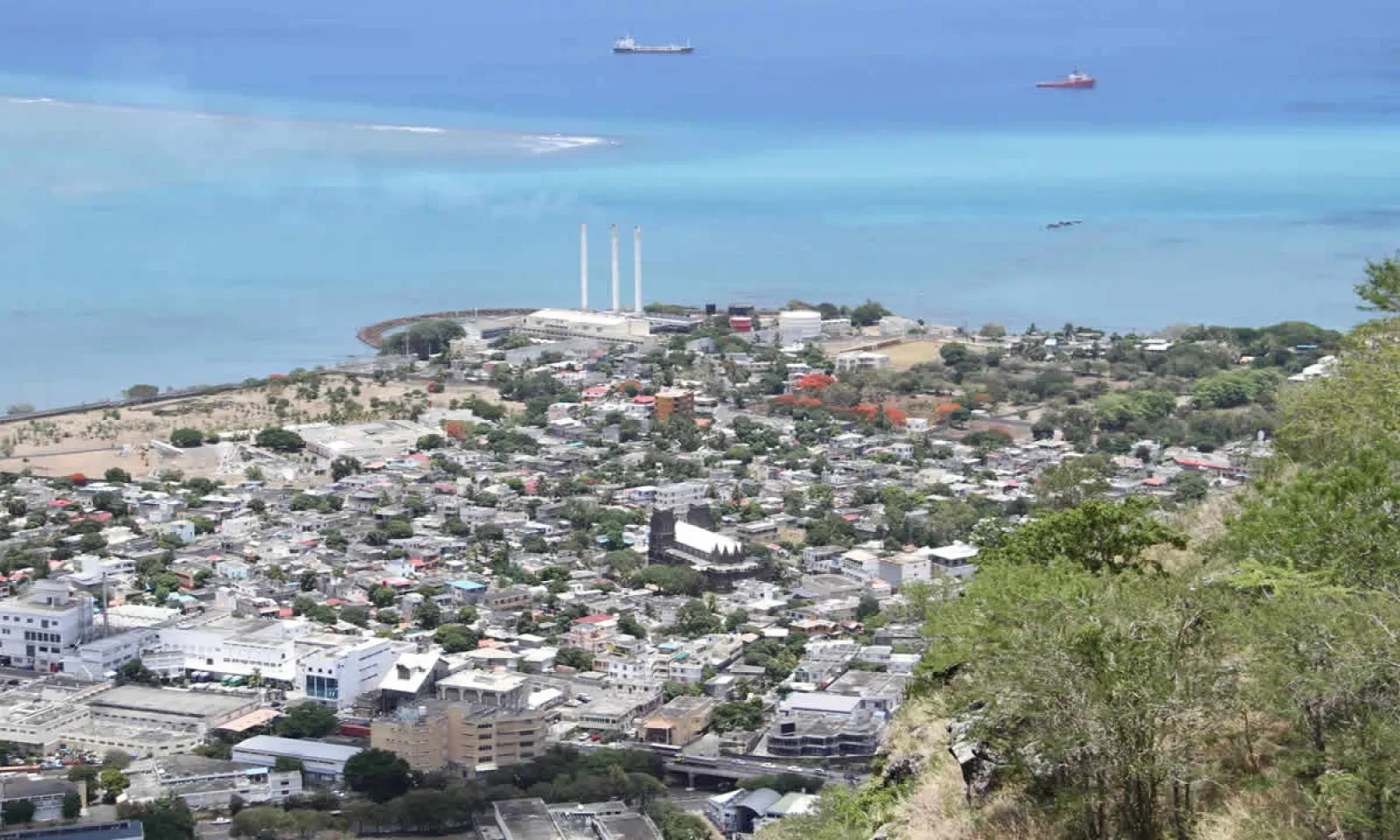
Les analystes sont majoritairement optimistes pour l’économie mauricienne, en 2018, tablant sur une croissance d’au moins 4,0%.
1. Sur les perspectives de l'économie mauricienne pour l'année 2018, êtes-vous...

Retour de l’optimisme
Au début de 2017, le pessimisme était légèrement majoritaire chez nos analystes. Changement d’humeur positif en ce mois de janvier : l’optimisme règne parmi 57 % des répondants. C’est que « there are a lot of projects coming up from the private sector, let alone massive investments by government in infrastructure ». 2018 sera une meilleure année « mainly driven by another good show in the global economy », et « supported by a likely notable growth in investment ». Mais « economic growth remains dependent on the implementation rate of announced projects », et « rising national debt is a major concern », tout comme « the high external imbalances amidst sluggish exports and potential hikes in imports linked to the infrastructure projects and to rising oil prices ».
2. Quelle est votre prévision du taux de croissance économique pour l'année 2018 ?
|
Une croissance de 4% réalisable
Statistics Mauritius prévoit un taux de croissance économique (Gross Value Added at basic prices) de 3,9% en 2018, contre 3,7% en 2017. Mais 53% des personnes interrogées sont d'avis qu'il sera d'au moins 4,0%. Or, ironise un consultant en investissement, « 4% growth is taken as being very good ! ». Pour les pessimistes, « the growth rate is likely to reflect economic performance in 2017 », et « if we even manage to maintain the same growth rate as in 2017, this will be quite an achievement ». Car, il convient de prendre en considération « the possibility of further delays in the implementation of envisioned key infrastructure projects » qui, pour certains, sont des « non-priority projects, and in the context of a shrinking population, this means inevitably raising tax rates ».
3. Quel taux de change de la roupie contre le dollar prévoyez-vous d'ici à la fin de l'année 2018 ?
|
Le dollar sous les Rs 36
À pareille époque l'année dernière, le dollar américain caracolait au-delà de Rs 36,70 au cours vendeur. Il a perdu Rs 2,50 depuis. Les analystes sont pratiquement unanimes à dire qu'il ne tombera pas plus bas que Rs 34, en 2018, ni qu'il repassera au dessus de Rs 36. En d'autres mots, « the exchange rate will in all likelihood follow the same pattern as in 2017 ». Si pour certains « it depends on the euro which looks to finish the year between 1,20 and 1,25 dollar », pour d’autres « Europe is in such a bad state that the dollar will continue to strengthen as the US stock market is soaring ». Quoi qu'il en soit, « the Bank of Mauritius has enough reserves to manage the exchange rate ».
4. Vous attendez-vous à une hausse du Repo Rate au cours de l'année 2018 ?

Pas de resserrement monétaire
Malgré la remontée de l’inflation (3,7% en 2017 contre 1,0% en 2016), la grande majorité des analystes n’anticipent pas un relèvement du taux directeur par le comité de politique monétaire, en 2018, « given that our growth performance is still based on shaky grounds amidst competitiveness pressures ». D’ailleurs, « the government will run the show, and while the repo rate does not work, the government still thinks so». Reste que « interests worldwide will be going up », et « if there is an increase in Mauritius, it should be insignificant or marginal », sinon sensible « in the event that the recent uptrend in oil prices is amplified and generate knock-on effects across the economy ».
5. La nomination de Yandraduth Googoolye comme gouverneur de la Banque de Maurice vous paraît être un choix…

Nomination logique plus que politique
La majorité des sondés pensent que le choix de Yandraduth Googoolye au poste de gouverneur de la Banque de Maurice est logique. Ils citent « his long-standing experience in central banking albeit with a bias on supervision », et le fait que « he was first deputy governor ». De plus, « it is better to appoint an experienced person who has worked at the central bank ». Si certains affirment que « he will restore the credibility of the institution », d’autres font ressortir que « the big fear among banks, is that he will be pressured by the government to approve all sorts of license ». Deux analystes sur cinq voient là un choix politique, soulignant que « worldwide all central bank governors are seasoned economists well versed in monetary matters ».
6. Selon vous, les résultats de l’élection partielle auront sur la politique économique en 2018 une…
|
Business as usual
La large victoire du Parti Travailliste à la partielle de Belle- Rose / Quatre-Bornes n’influencera pas la politique économique du gouvernement cette année, selon 83% des sondés. Pour l’un d’entre eux, « the effect is only political with results prompting new permutations or combinations amongst political parties ahead of the next general elections ». Plus nuancé, un économiste estime que
« while the electoral results are, per se, not projected to yield a notable impact on the nature and philosophy of economic policies adopted by the authorities, it is hoped that they do not (by virtue of the political implications that they could potentially generate) divert the authorities' attention away from the rapid and comprehensive implementation of key projects and undertakings that aim to enhance the country's investment level and competitiveness ».
7. Pour vous, le gouvernement se concentrera durant l'année 2018 sur...

L’urgence d’un bilan économique
La politique occupera une place moins importante que l’année dernière dans l’agenda du gouvernement, selon trois sondés sur cinq. Son intérêt pour l’économie sera égal à celui pour la politique. Ainsi, « it is felt that government actions will still be politically motivated, although there might be an increasing focus on the economy to show results, as we approach the general elections ». Au mieux, « getting the infrastructure projects off the ground will be their primary focus ». Au pire, « the next budget will introduce more populist measures ». Et, au plan politique, « crossing the floor will be the prime focus this year ».
8. D'après vous, les élections générales se tiendront en...
|
Elections générales fin 2019
Il y a quasi-unanimité parmi les analystes qu’il n’y aura pas d’élections générales en 2018, et 87% croient que le gouvernement ira jusqu’au bout de son mandat. Car, « the MSM still holds all the cards and will cling to power unless another major political scandal brings its downfall this year ». D’ailleurs, « the MSM cannot go to the polls without anything to gloss about ». Donc, « the government will try to bank on economic growth to have some positive results to showcase to the electorate. Unless, the stars are aligned for the government before 2019 (steep economic growth combined with securing a strong coalition), the Prime Minister is likely to defer general elections as far back as legally allowed. » Cependant, « much will depend on the Privy Council stance on Medpoint ».
Enquête réalisée par PluriConseil du 8 au 10 janvier 2018 auprès d’un échantillon représentatif de 30 analystes économiques et financiers.








